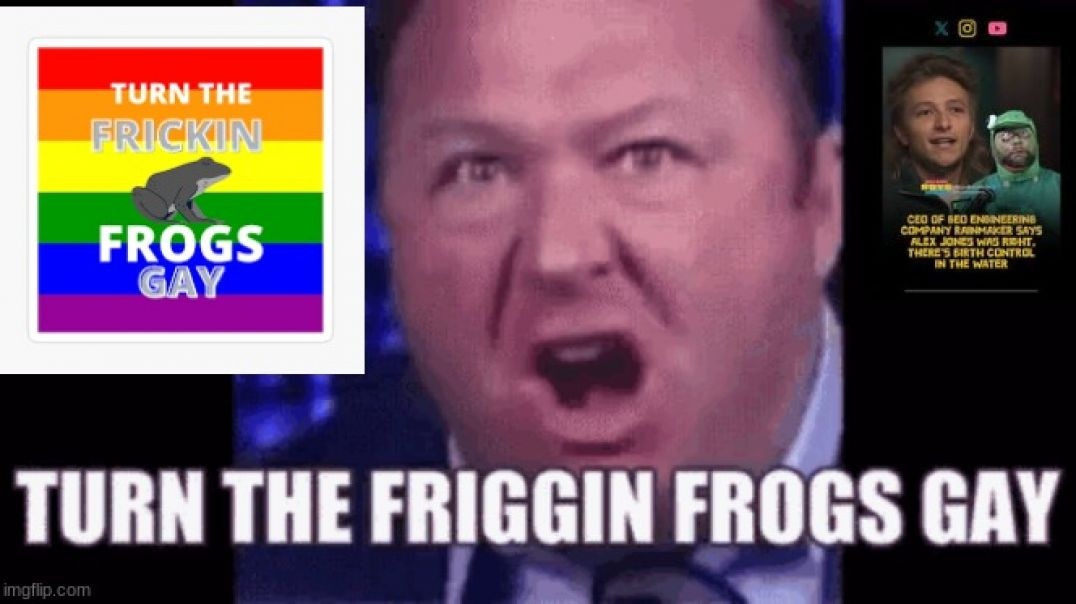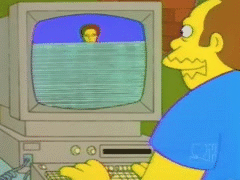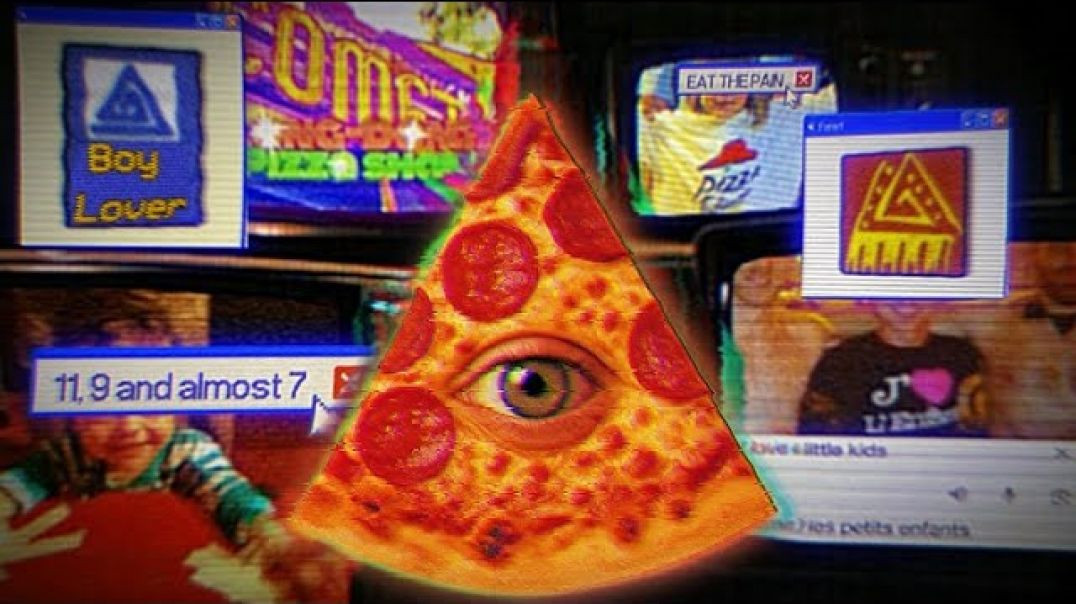Live streaming on Altcast.TV is now available!
JENNY JONES GASLIGHTS FOR THE TRANSAPOCALYPSE ⚤ [HATEFUL WEB SITES ON THE INTERNET]
CAUSE AND EFFECT ⚤ from the 1990's to present, bear witness as to how the #transapocalypse was made possible
As a child, R. Derek Black actively promoted white nationalism. It was the family legacy; their father was a former grand wizard of the Ku Klux Klan.
But when Black attended college, they met individuals who were not only appalled by that ideology but were willing to work with them to help change those views. Black eventually renounced white nationalism and now works as an anti-racist.
Their memoir “The Klansman’s Son: My Journey from White Nationalism to Anti-Racism” is out next week, and they join host Robin Young.
Book excerpt: ‘The Klansman’s Son: My Journey from White Nationalism to Anti-Racism’
By R. Derek Black
MY DECADE OF POLITICAL ACTIVISM on behalf of White nationalism began in October 1999, when I was ten. I gave my first public interview to the salacious daytime talk show The Jenny Jones Show. It was a trip of firsts: one of the first times I left my home state of Florida; my first trip to Chicago; and my first time in the North at all. It was the first time I rode in a limo, when they picked us up and dropped us off at our hotel. At that hotel, on the morning before we headed to the studio for filming, I got to order my first pay-per-view movie (the remake of The Mummy with Brendan Fraser and Rachel Weisz). At the studio, it was my first experience in a greenroom. It was my first time in the public eye, my first time out front, and my first time claiming publicly my intention to lead White nationalism into its next generation.
The experience was genuinely fun. It was also terrifying, and it taught me terrible lessons.
The Jenny Jones Show was a nationally syndicated daytime talk show filmed in the same studios in the NBC Tower in Chicago as its rival The Jerry Springer Show. Jenny and Jerry—and Geraldo and Maury and others like them—often brought on unsophisticated guests to face a shouting and brawling live audience, to great commercial success; The Jerry Springer Show, by far the leader of the genre, ended that season with ratings just behind Oprah.
The episode they invited me and my dad for was titled “Hateful Websites on the Internet” and ran on October 4, 1999. Several years before, David Duke, my dad’s oldest friend, had negotiated to appear on The Jerry Springer Show in a one-on-one interview, away from the jeering audience. Thanks to that negotiation, David was able to speak to Springer’s huge viewership without having to face the demeaning taunts of the studio audience. For my first interview, my dad negotiated something similar, allowing me to give a one-on-one interview offstage. In addition, the producers also offered to pay for a trip to DisneyQuest, the virtual reality amusement park that had recently opened downtown.
My dad asked me over and over, even up to the day of filming, if I was sure I wanted to give the interview. I felt listened to and respected, and I felt like I was fully consenting to my participation. I believed in the cause, as much as a curious child can believe in any ideology, and I was excited to begin advancing it myself. A month earlier, I had created a kids’ page on Stormfront, the website my dad had founded. I had already seen reporters coming to the house to interview my dad, and I’d become familiar with the hostile way they wrote about us as “hateful.”
When we arrived at the set, my dad went out with the other guests, including other White power leaders and two daughters of Fred Phelps, the founder of the Westboro Baptist Church, a group known for picketing the funerals of soldiers and queer people. The studio was built in the middle of a large open room, so the crew, the guests who hadn’t gone on yet, the kids of the Westboro family, and I could stay in the greenroom or walk all around the set. I watched the lighting crew and cinematographers, while I heard the echoes of the angry crowd through the thin prop walls. The crew were friendly and asked me if I needed anything while I hung out with them behind the scenes. I refused the makeup artist’s offers several times, because I didn’t think makeup was for boys. I remember her explaining that it wouldn’t be visible, and was only meant to keep the glare of the stage lights from shining off my face. I held firm, committed to upholding my sense of gender norms, and she relented.
When the time for my interview came, the crew turned on fog machines that produced a dramatic cloud around the stool the pro- ducers led me to. I was near the corner of the stage, behind two panels they slid open to reveal me there...
Read the rest at the thumbnail URL
Source: https://www.youtube.com/watch?v=egvhRytVNPA
Thumbnail: https://www.vpm.org/npr-news/n....pr-news/2024-05-08/t
#freematthale 🇺🇸
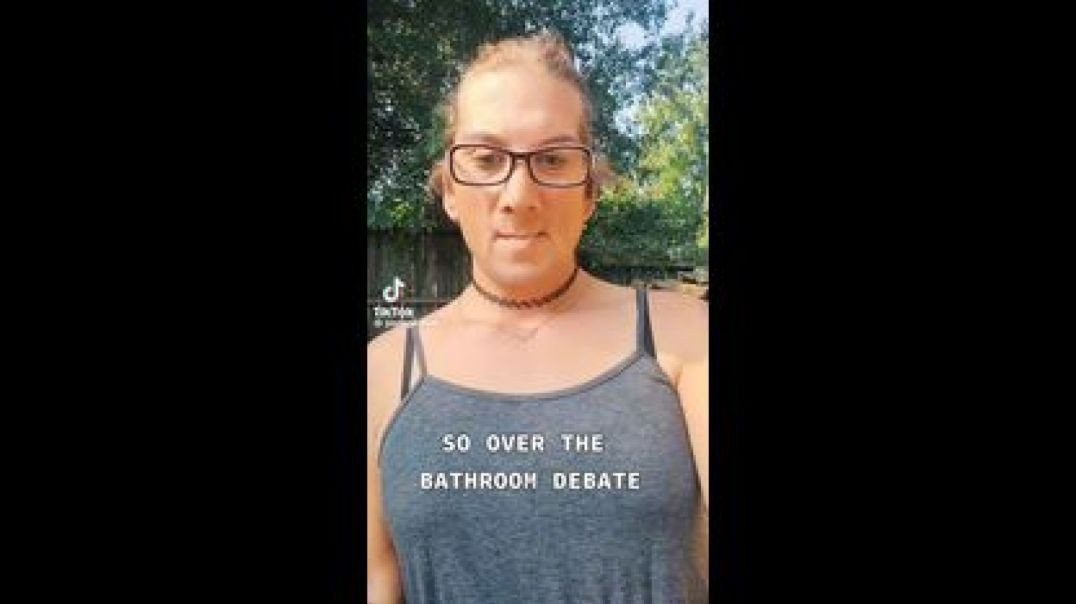

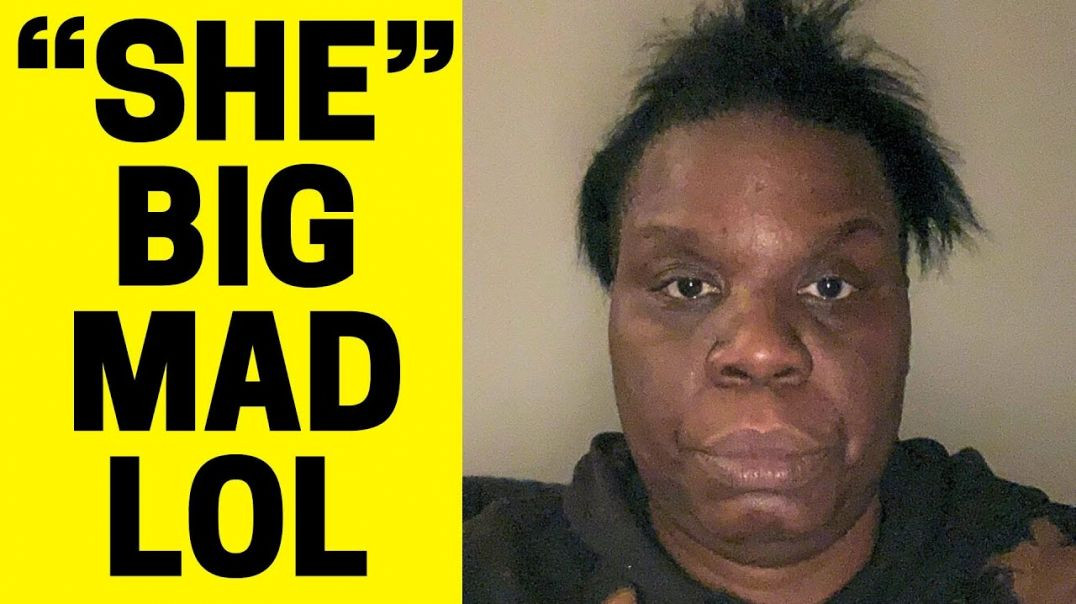
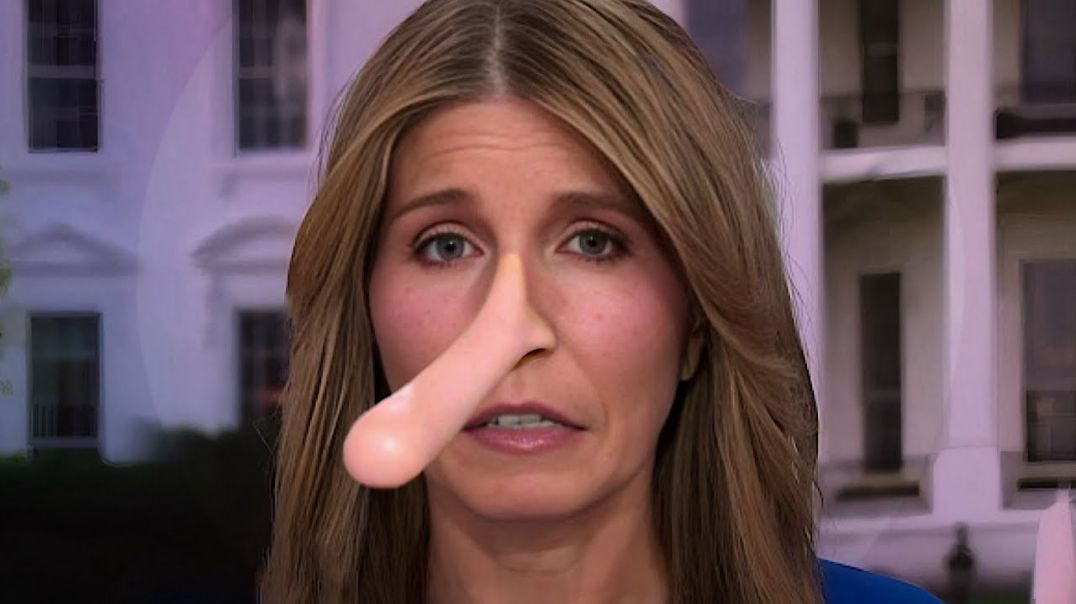
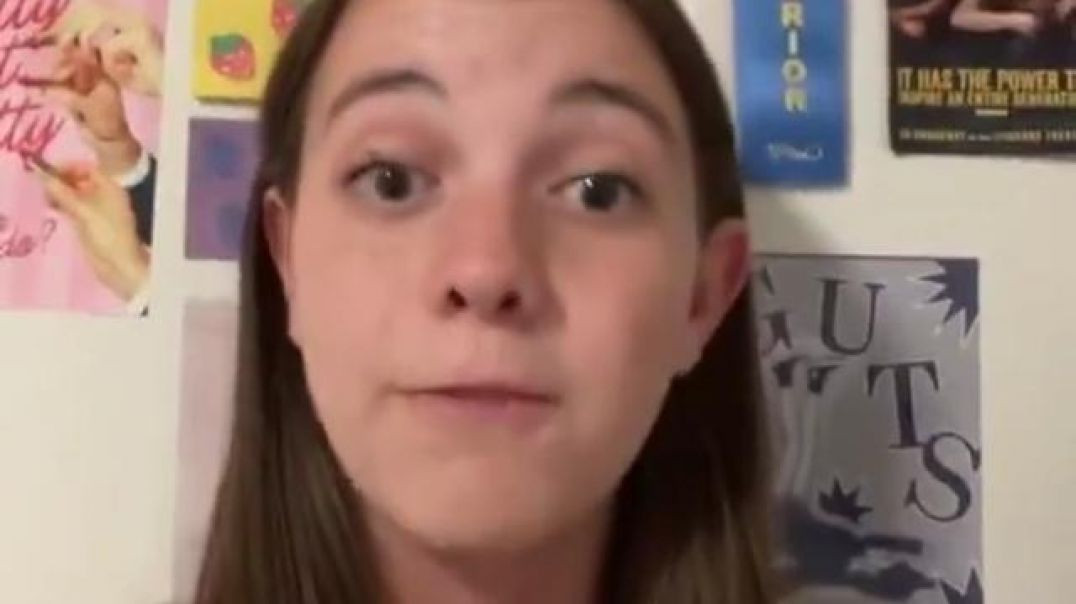
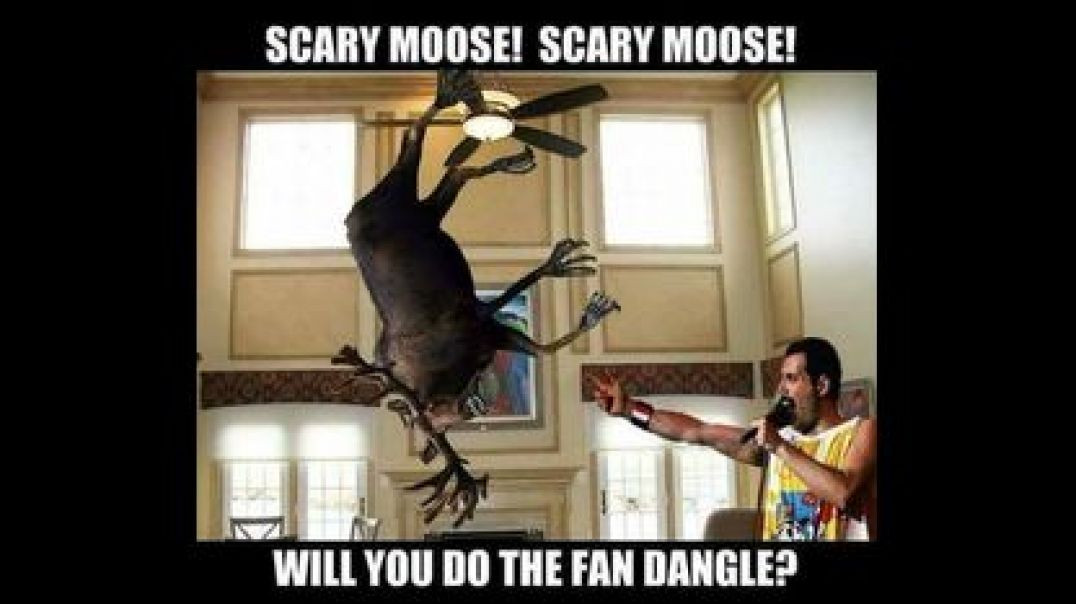
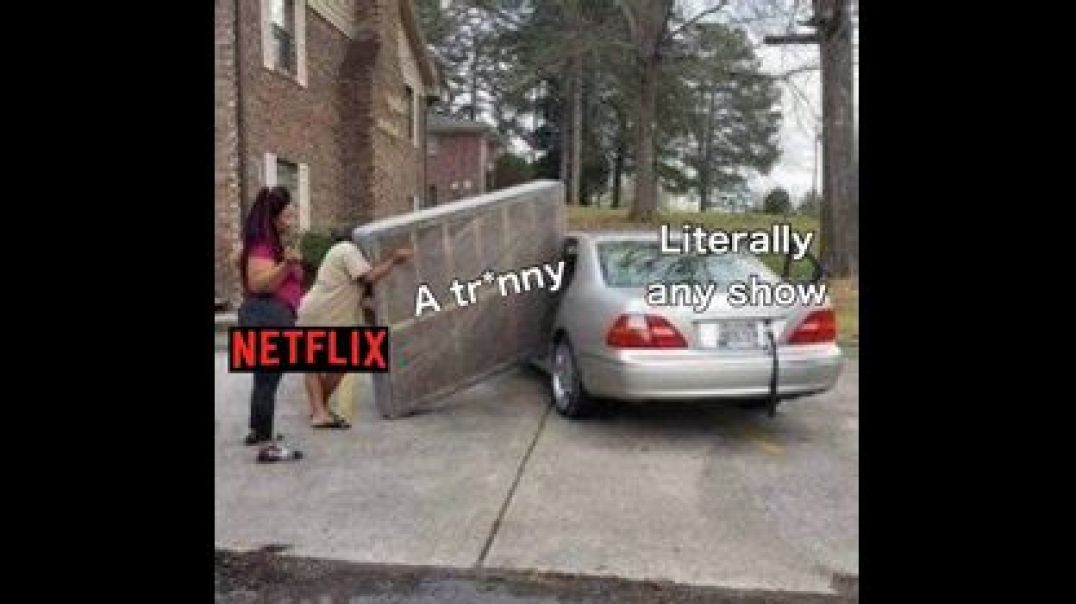
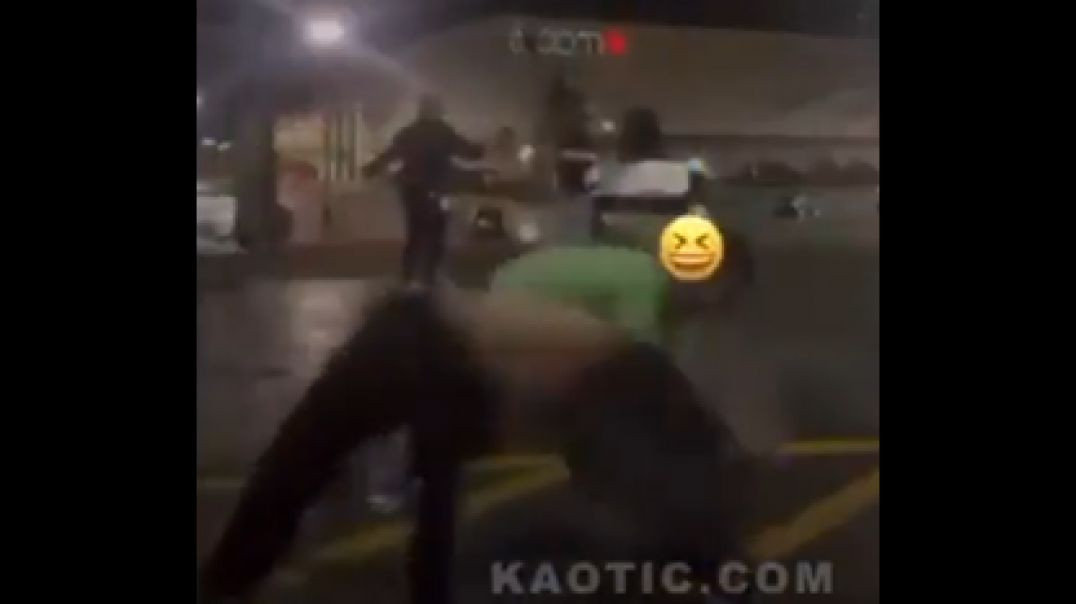
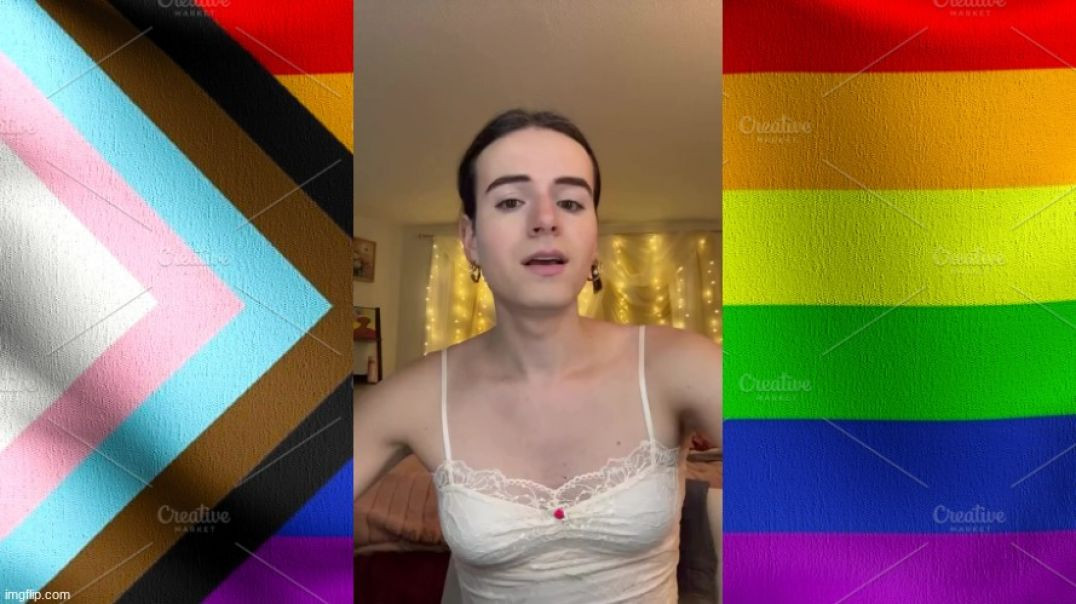
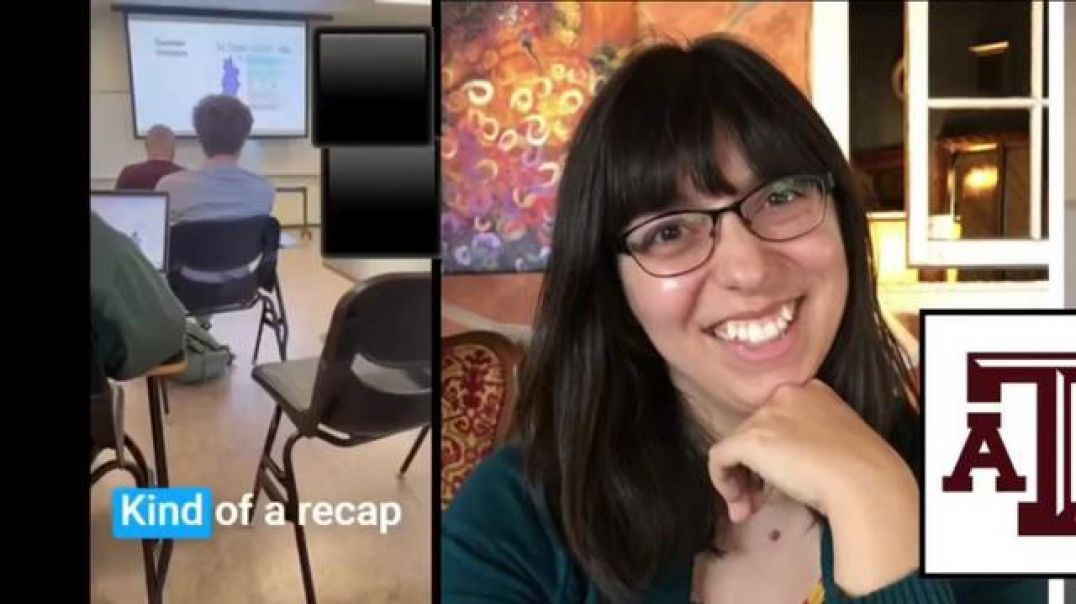
![THE TRANSAPOCALYPSE ⚧🇨🇦 COMES TO WEILAND [ONTARIO CHILD HOSPITALIZED AFTER SEXUAL ASSAULT]](https://s3.us-central-1.wasabisys.com/altcast1/upload/photos/2025/09/VxSJ4pWmMYvSi9zxUvZE_04_eadbddbb8a95d3dccd29edc5f9d2313c_image.jpeg)
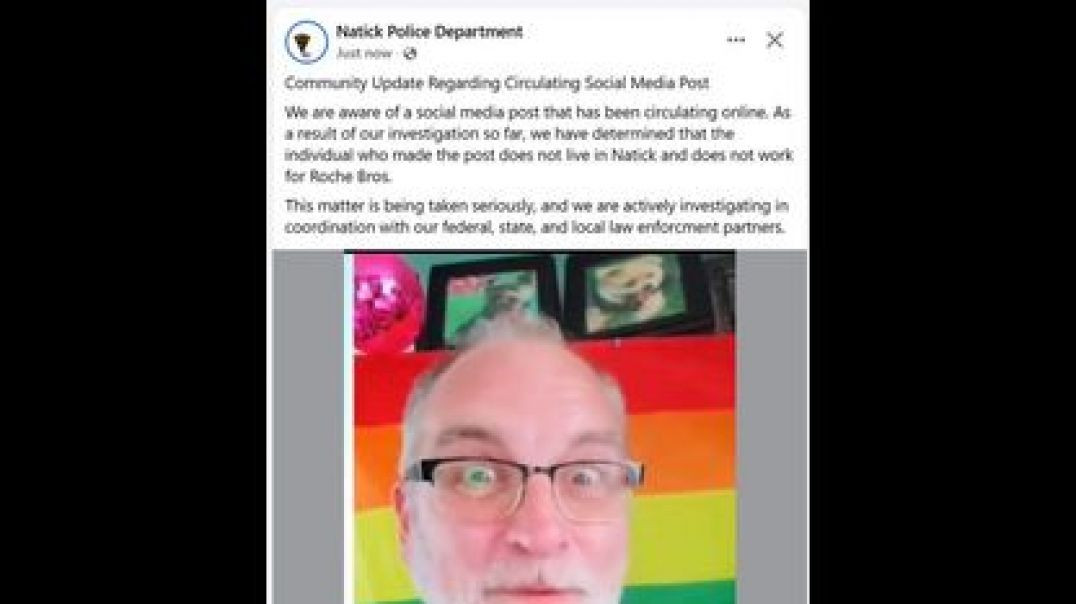
![IS BRIGITTE MACRON A MAN⁉️ [TUCKER CARLSON HOPS ABOARD THE TRANSAPOCALYPSE EXPOSURE WAGON]](https://s3.us-central-1.wasabisys.com/altcast1/upload/photos/2025/08/hJ1MkoaaOEDPAlFiSkoS_29_6c52c56ed968bb4dfa0fb2a574bb9d15_image.png)
![JEWS AND TRANSGENDERISM [EVERY 🇮🇱 SINGLE ✡️ TIME] ⚧ THE TRANSAPOCALYPSE REVEALED](https://s3.us-central-1.wasabisys.com/altcast1/upload/photos/2025/08/55rLSeRElSfs5Jp4tNpH_29_8fa925c427a69ce01ff692ad511465ed_image.png)
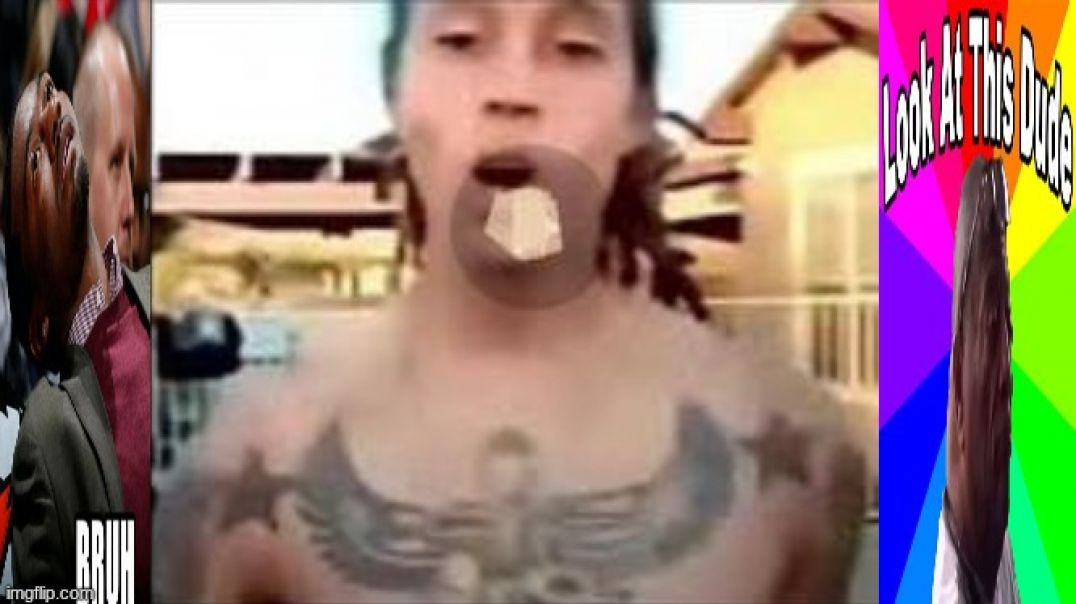
![CYNTHIA ERIVO UNMASKED ⚧ {TRANSAPOCALYPSE] 🎙 MAG BITTER TRUTH](https://s3.us-central-1.wasabisys.com/altcast1/upload/photos/2025/07/9nBRFBDqSn7aDpwvk6vZ_08_bf5e119f2e1a0787f0df3f88f15d9eb9_image.jpg)
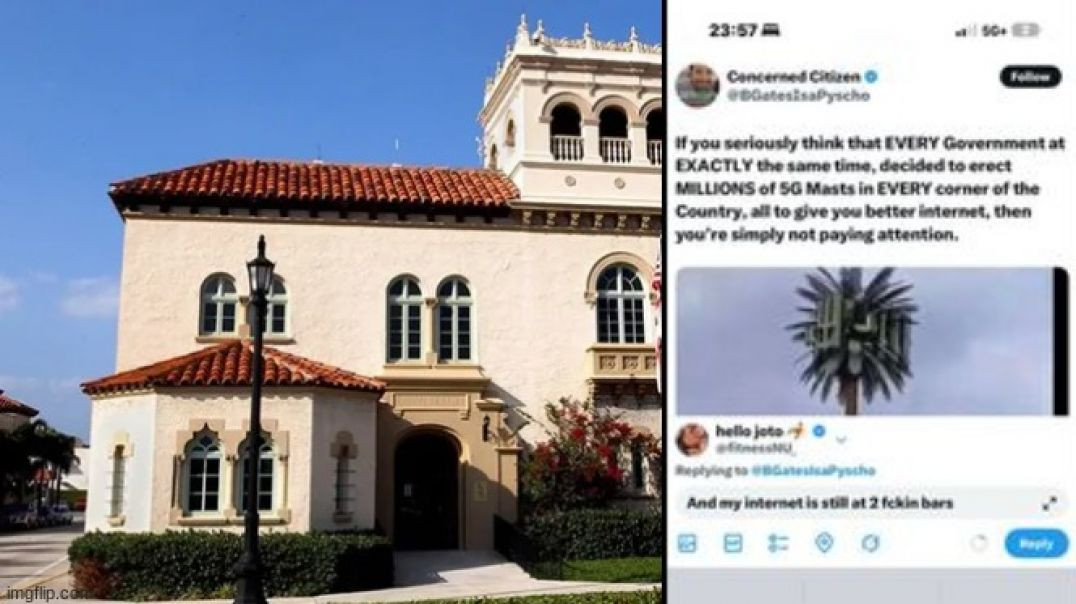
![THE YID PHENOTYPE ₪ NEVER LIES {ADAM GREEN GASLIGHTS YOU RIGHT IN YOUR FACES]](https://s3.us-central-1.wasabisys.com/altcast1/upload/photos/2025/07/XuoZssEOwWpBvaIKuTcX_03_7262aebdde32ab5f9b7b10ef86bcb986_image.png)
